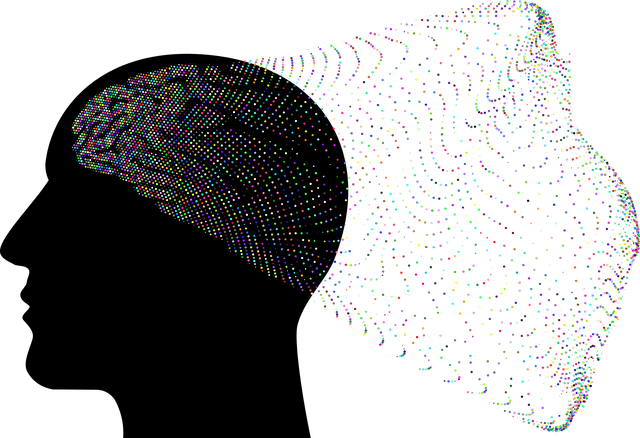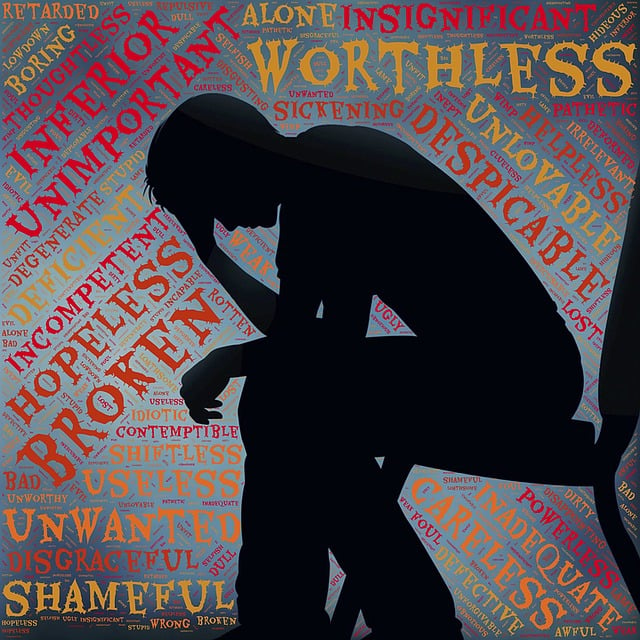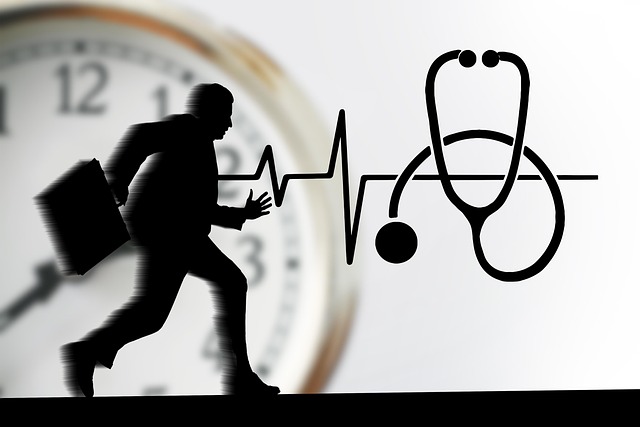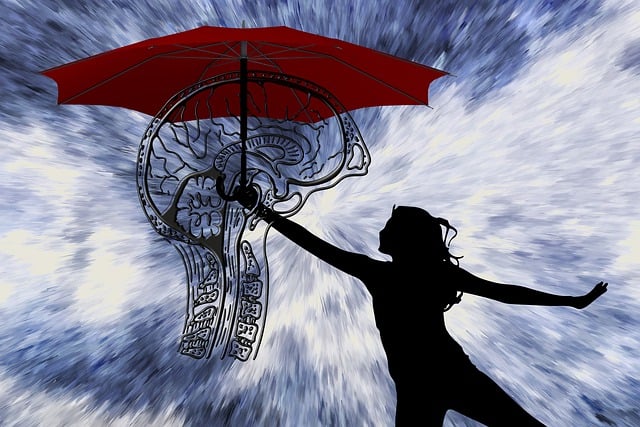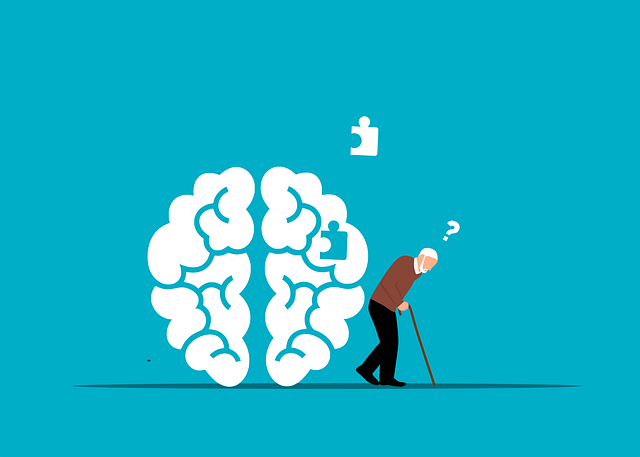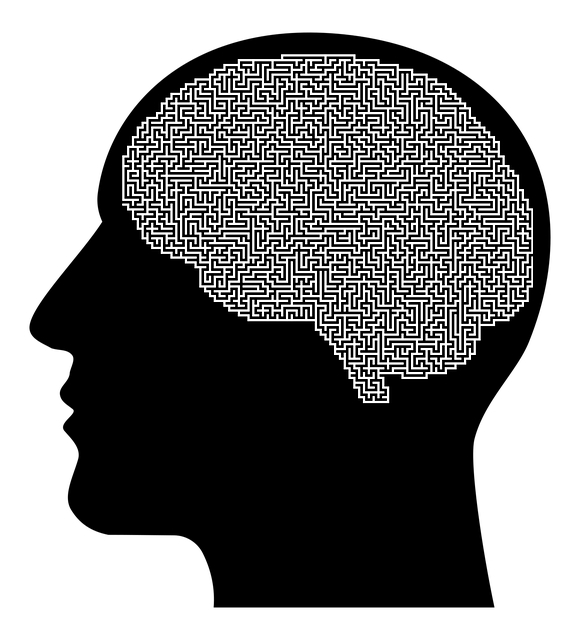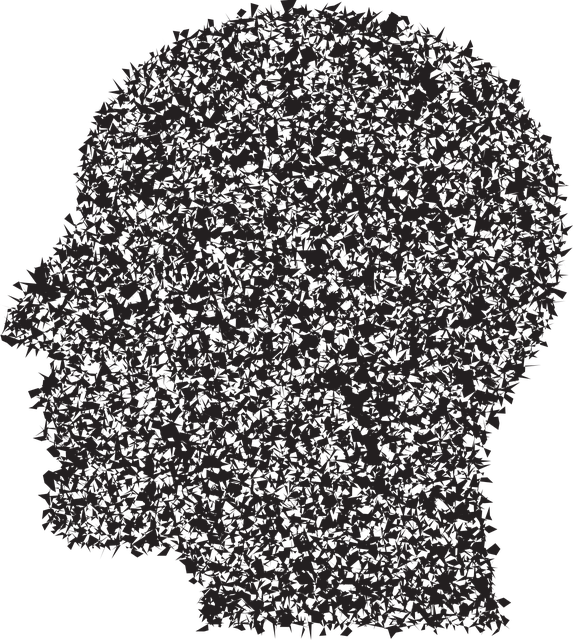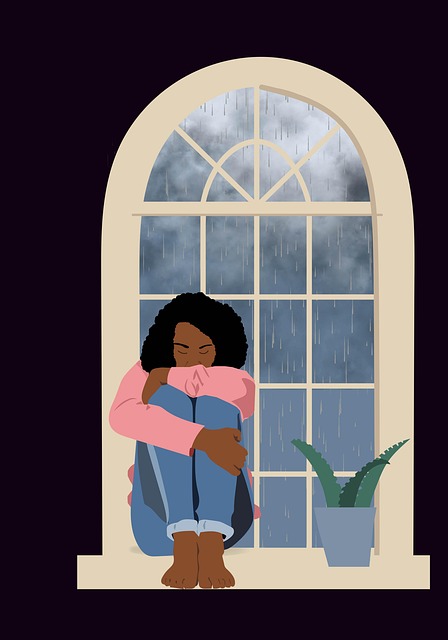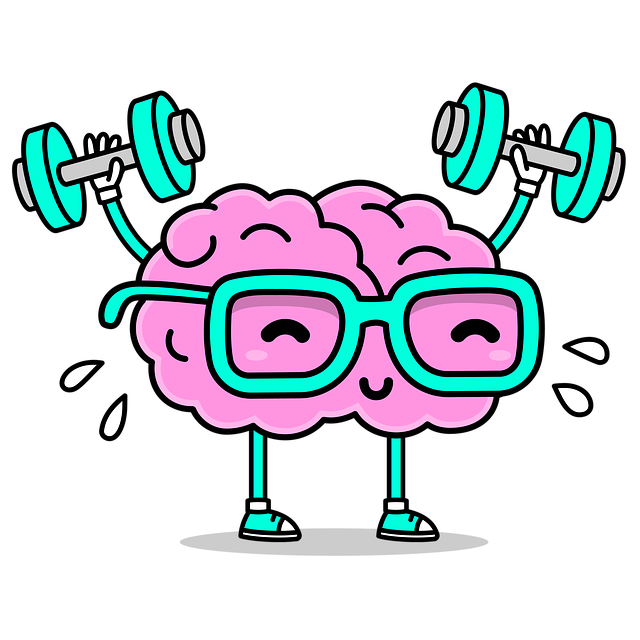Lone Tree Geriatrics Therapy offers specialized mental wellness group facilitation, focusing on creating a safe and culturally sensitive environment for older adults. Through training, they ensure healthcare providers are competent in addressing diverse backgrounds, promoting trust and openness. Successful groups involve interactive activities, peer support, and self-care strategies, fostering camaraderie and belonging. Measuring success includes tailored goals, cultural sensitivity, regular evaluations, and trauma support services, creating a sustainable well-being ecosystem.
Mental wellness group facilitation plays a pivotal role in fostering community and support, especially for vulnerable populations. This article explores effective techniques for facilitators at Lone Tree Geriatrics Therapy, focusing on creating safe spaces, boosting engagement, and promoting sustained well-being. We delve into strategic approaches that cater to the unique needs of older adults, emphasizing the power of group dynamics in enhancing mental health outcomes. By understanding these methods, therapists can revolutionize care, making it more accessible and impactful.
- Understanding Mental Wellness Group Facilitation
- Strategies for Creating a Safe and Supportive Environment
- Techniques to Enhance Engagement and Participation
- Measuring Success and Promoting Sustained Well-being
Understanding Mental Wellness Group Facilitation

Mental wellness group facilitation is a specialized skill that goes beyond traditional therapy settings. It involves guiding and supporting a diverse range of individuals in a group environment, fostering open communication and creating a safe space for emotional expression. In the context of Lone Tree Geriatrics Therapy, understanding this process is paramount as it caters to the unique needs of older adults.
Facilitators play a crucial role in navigating sensitive topics related to mental health while incorporating elements of Cultural Sensitivity in Mental Healthcare Practice. By promoting active participation and mutual support, these sessions can significantly enhance Stress Management. Moreover, Healthcare Provider Cultural Competency Training equips facilitators with the knowledge to address cultural barriers, ensuring that every participant feels valued and heard. This inclusive approach not only improves individual well-being but also contributes to a more diverse and effective mental healthcare system.
Strategies for Creating a Safe and Supportive Environment

Creating a safe and supportive environment is paramount when facilitating mental wellness groups, especially considering the diverse backgrounds and experiences of participants. As a group facilitator, it’s crucial to establish guidelines that encourage openness and trust. This might include setting clear expectations for confidentiality, active listening, and fostering an atmosphere where every individual feels heard and respected. Utilizing inclusive language and being mindful of cultural sensitivity can significantly contribute to building a welcoming space.
At Lone Tree Geriatrics Therapy, we recognize the power of social connections in promoting mental wellness. Encouraging participants to share their stories and experiences, while also practicing active empathy, can help build bonds within the group. Integrating self-care practices and burnout prevention strategies for healthcare providers is essential to ensure the well-being of both facilitators and attendees. This approach ultimately enhances the overall effectiveness of the group, making it a dynamic and supportive safe haven for all.
Techniques to Enhance Engagement and Participation

In facilitating mental wellness groups, especially with organizations like Lone Tree Geriatrics Therapy, engaging participants and fostering active involvement are key to successful outcomes. One effective technique is employing interactive activities that encourage open discussion and peer support. This could involve group exercises designed to build camaraderie and promote self-reflection, allowing members to share their experiences and learn from one another. For instance, sharing personal stories in a safe space can enhance a sense of belonging and boost confidence, as individuals see they are not alone in their challenges.
Additionally, facilitators should aim to create an inclusive environment where everyone feels valued and heard. This can be achieved through structured yet flexible group dynamics, ensuring that each member has opportunities to contribute. Incorporating regular feedback sessions and using icebreakers at the beginning of meetings can also spark engagement. Encouraging participants to develop self-care routines for better mental health and even involving them in planning public awareness campaigns on mental wellness issues further strengthens their connection to the group and community at large.
Measuring Success and Promoting Sustained Well-being

Measuring success and promoting sustained well-being are pivotal aspects of effective mental wellness group facilitation. As a facilitator, it’s crucial to establish clear goals and outcomes tailored to the unique needs of your participants, especially when working with diverse populations like those served by Lone Tree Geriatrics Therapy. Incorporating Cultural Sensitivity in Mental Healthcare Practice ensures that these goals resonate with individuals from various backgrounds, fostering an inclusive environment where everyone feels validated.
Regular evaluation methods, including self-reporting, peer feedback, and observer assessments, can help track progress. This data provides insights into the group’s dynamics, individual growth, and areas requiring further attention. Moreover, integrating Trauma Support Services within your facilitation approach can be transformative. By acknowledging past traumas and providing safe spaces for expression, participants can begin to heal, leading to lasting mental wellness. These techniques collectively contribute to a supportive ecosystem that encourages continued well-being long after the group sessions conclude.
Mental wellness group facilitation is a powerful tool for enhancing collective well-being, as evidenced by the success of programs like those offered by Lone Tree Geriatrics Therapy. By fostering safe, supportive environments and employing techniques that encourage active participation, facilitators can significantly impact individuals’ mental health journeys. Through consistent measurement and promotion of sustained well-being, these groups become dynamic spaces where participants not only find support but also develop strategies for long-term mental wellness.
